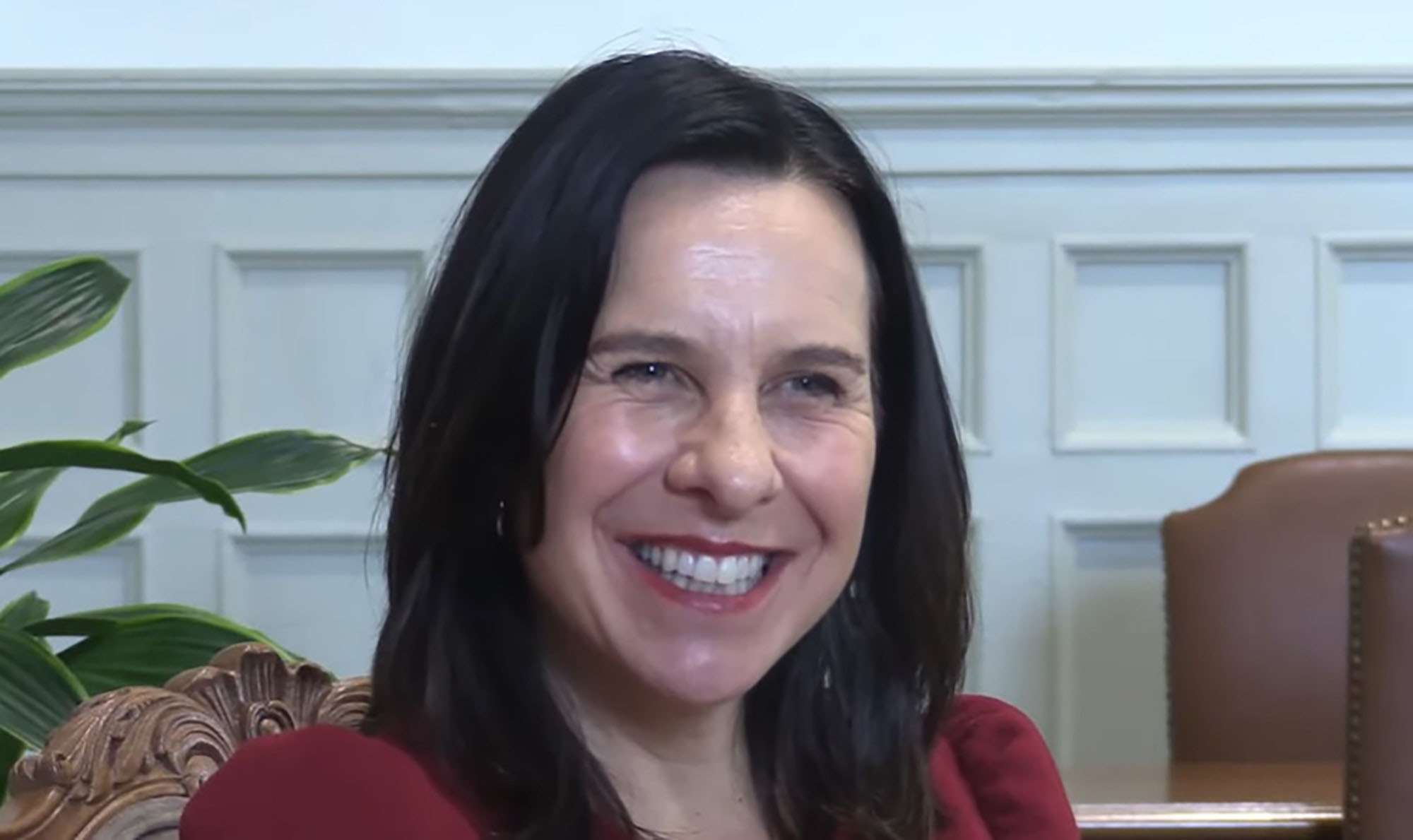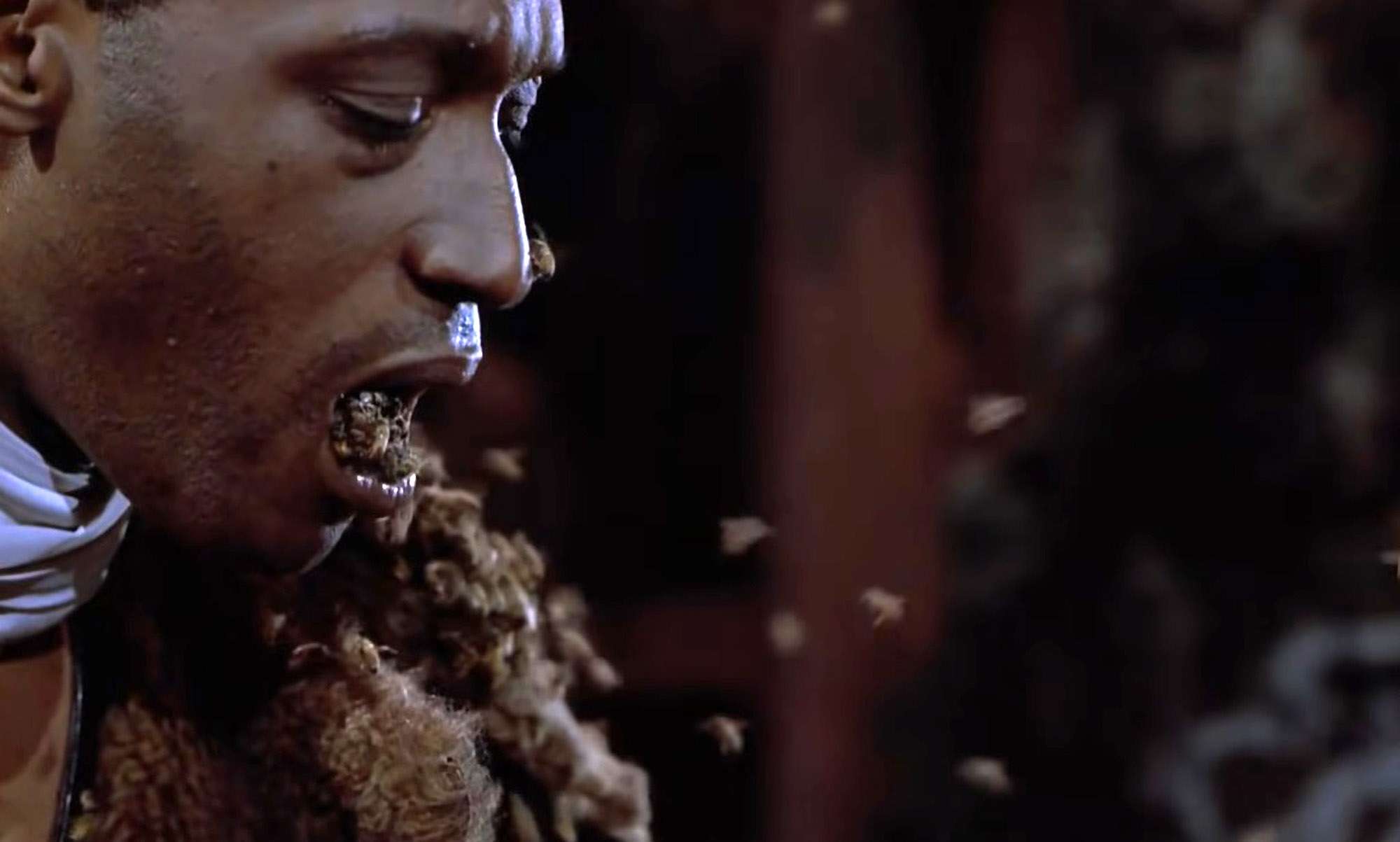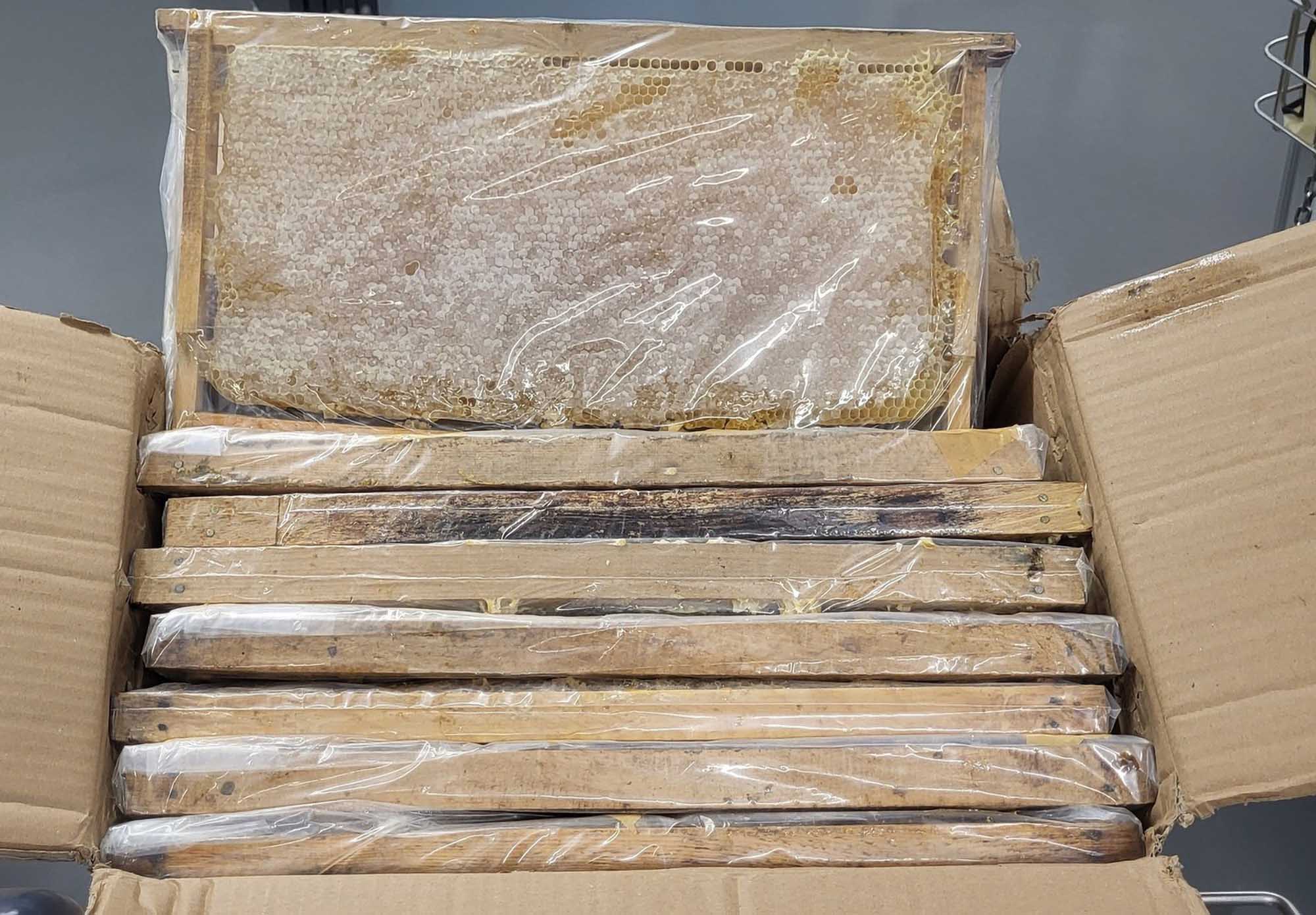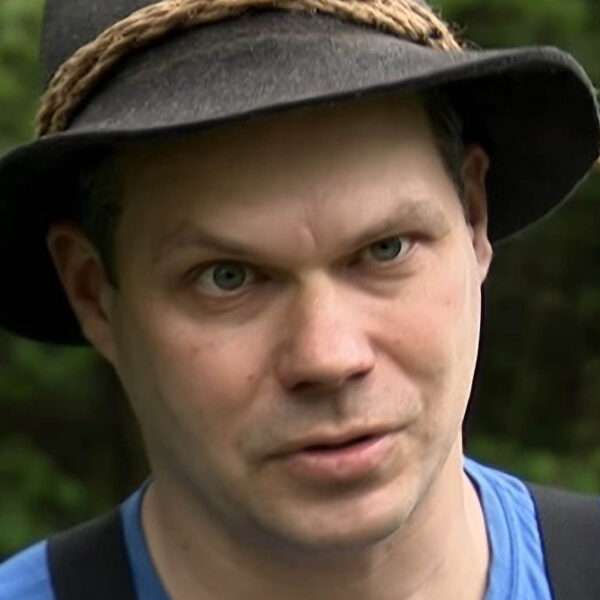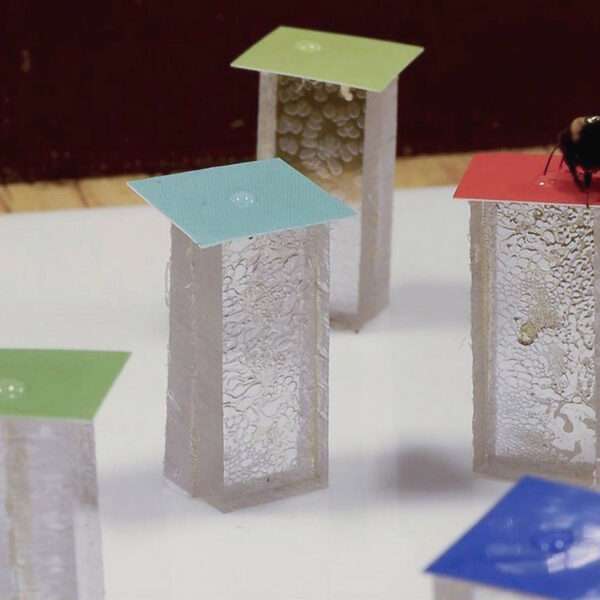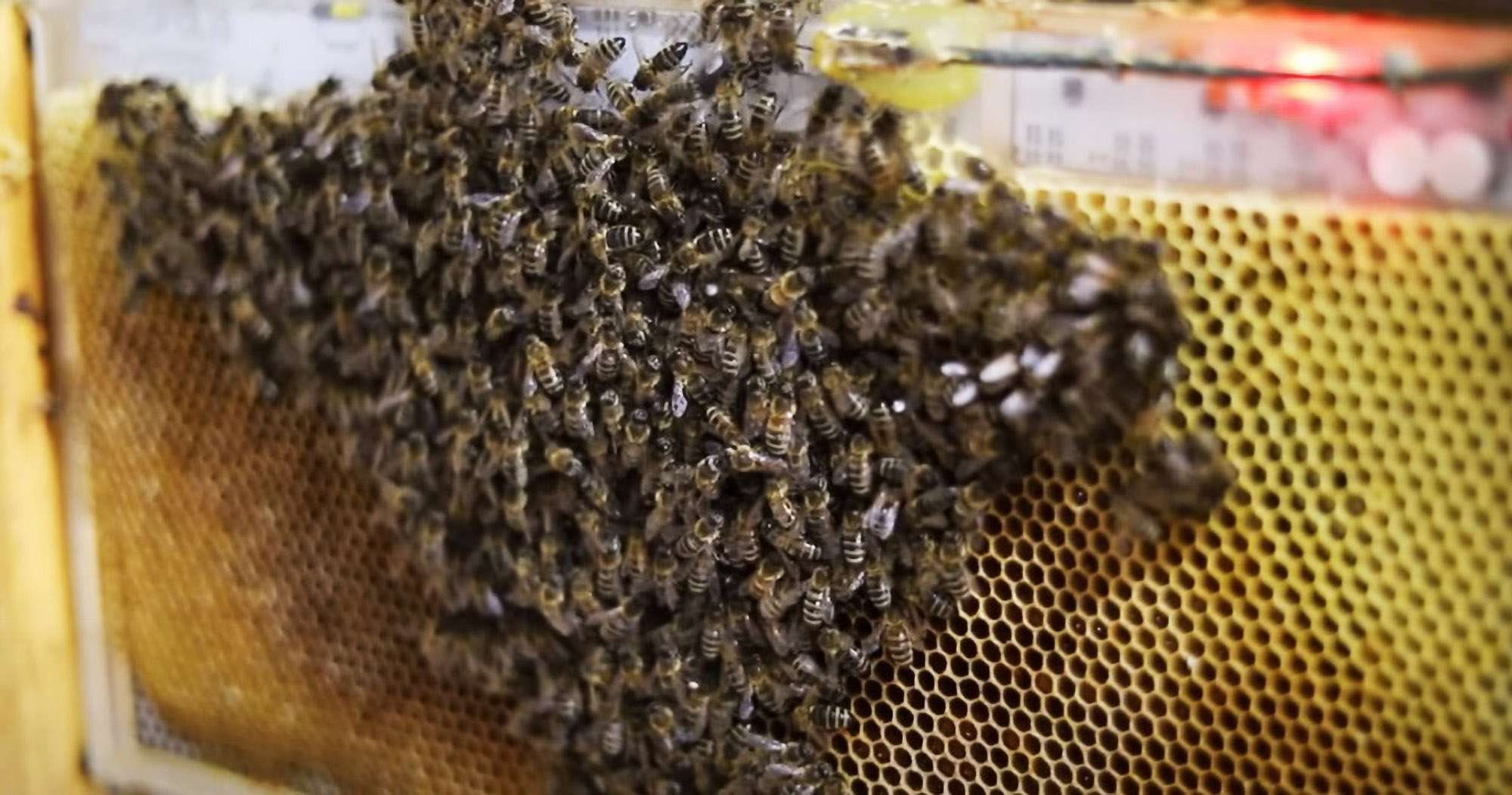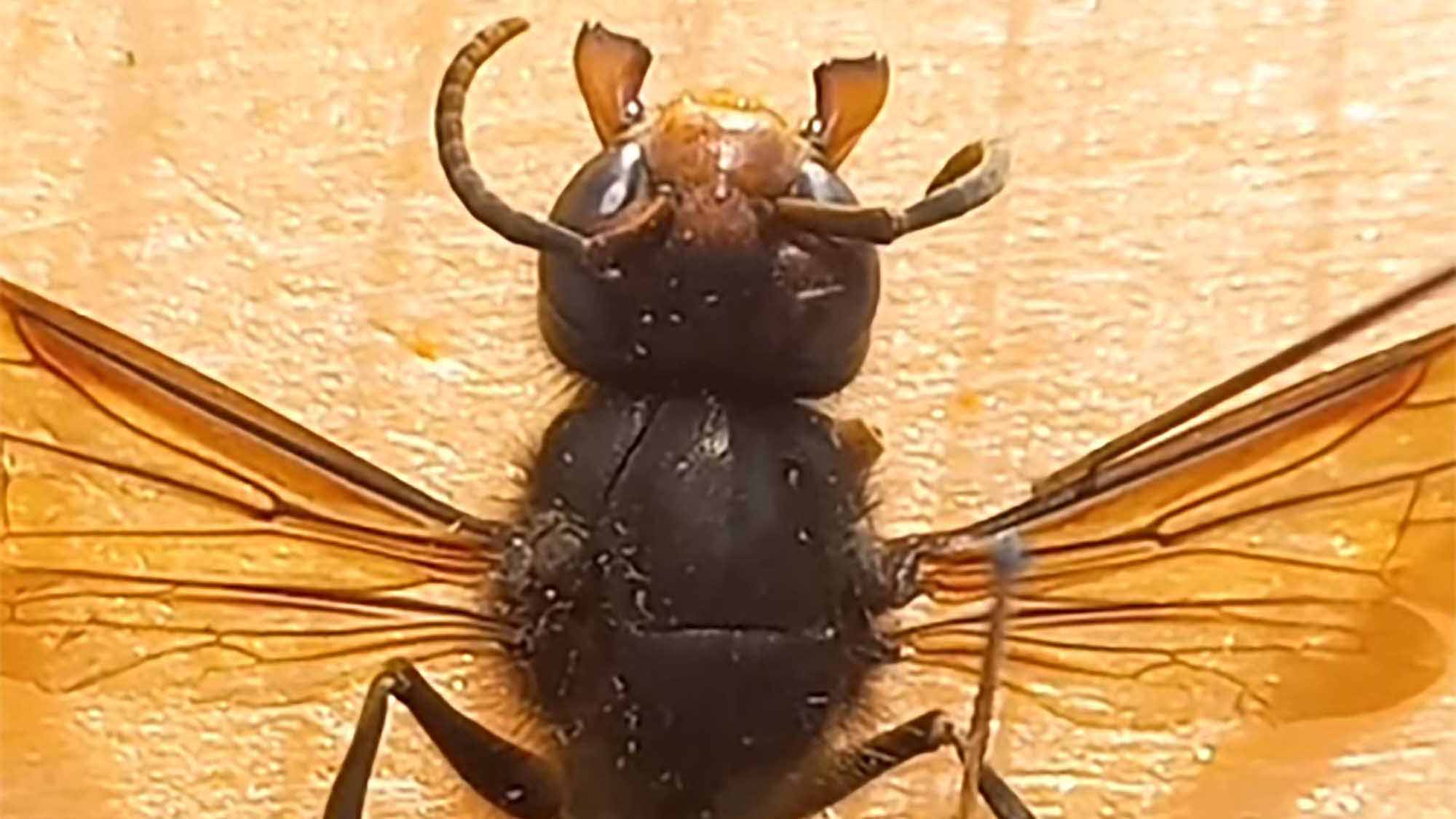Canada’s second-biggest city will turn more public space into green areas to ensure the wellbeing of bees and other insects.
Valerie Plante, the mayor of Montreal, announced that another two per cent of the total area of the city would be turned into green space within the next eight years.
The figures mentioned by the mayor amount to nine square kilometres (3.47 square miles) which almost matches the size of London’s Heathrow Airport (12.27 square kilometres, 4.74 square miles), one of the biggest aviation hubs in the world.
Around eight per cent – or 34 square kilometres (13.12 square miles) – of Montreal are currently green space, according to Ms Plante.
Montreal is promising more green space, less grass mowing and more insect-friendly gardens as part of a long-term plan to help pollinators, as the city prepares to host a major UN biodiversity conference next month.
The mayor underlined the city’s intention to reduce mowing activity on city-owned premises. Another key element of Montreal’s environmental initiative is to revise some borough bylaws which currently keep citizens from growing vegetables and flowers on their own lawns.
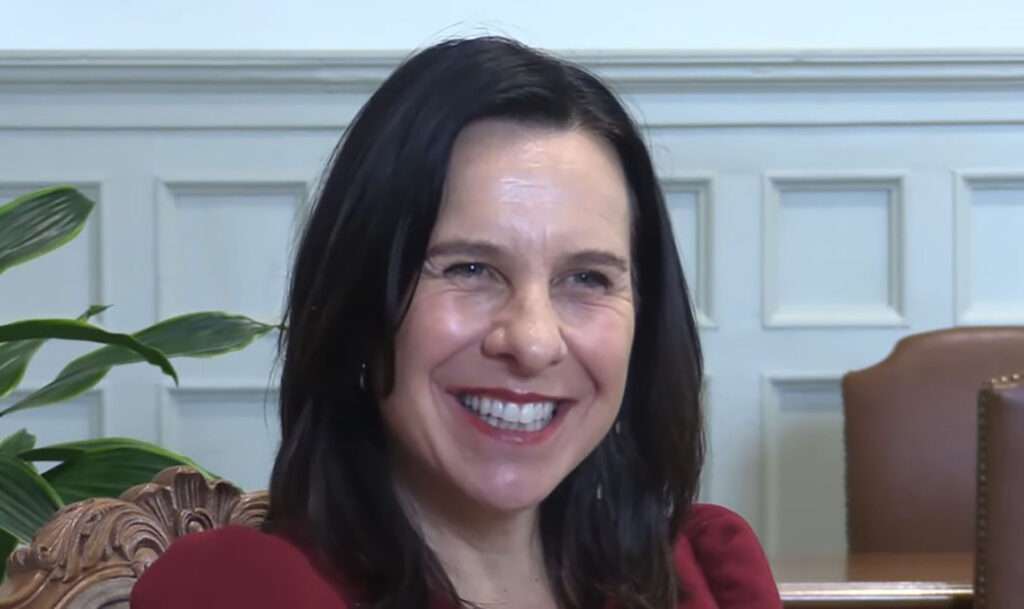
Ms Plante said: “When it comes time to protect biodiversity and the food chain, pollinators are extremely important because a third of the global food chain depends on pollination.”
With more than 1.7 million inhabitants, the capital of Quebec is the second-most populous city in Canada. Toronto in Ontario is the country’s most-populous metropolis with around 2.8 million residents.
The Mayor of Montreal also emphasised the great responsibility of decision-makers in urban areas. She said: “As the majority of the population lives in urban areas around the world, cities have a major role to play in biodiversity and maintaining the quality of life.”
Montreal will dedicate CAD 300 million (EUR 217 million) to the acquisition of land for parks with a special focus on premises situated alongside rivers and in the city’s East End.
Next month, Montreal will host the United Nations Convention on Biological Diversity (COP15). The 12-day summit is set to start on 7th December.

